Best PET CT Scan In Bangalore
Home » PET/CT Scan
- 100 % accurate PET-CT scan reports with high image quality, with our latest scan technology
- 25,000+ patient service with utmost care
- Clean and sanitized premises
- Low wait time, well trained staff with the best team of doctors.
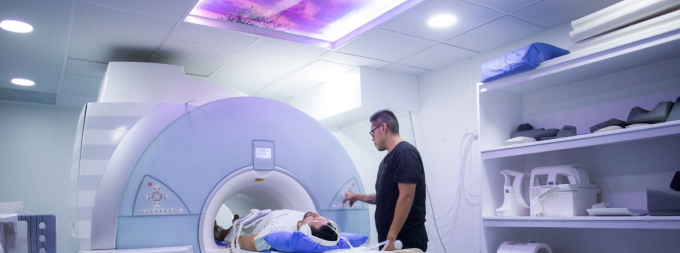
Kiran Nuclear Medicine & PET CT Centre: Excellence You Deserve
- PET-CT Scans: This is a combined imaging technique that combines the metabolic information from a PET scan with the anatomical detail of a CT scan. PET CT scans are particularly helpful for cancer diagnosis and staging
- SPECT Scans: Thyroid scan, renal scan (DTPA/EC and DMSA), myocardial perfusion scan (MPI), brain, and bone imaging etc.
- Theragnostic: Radioiodine therapy (ca thyroid and hyperthyroidism), Lu PSMA therapy, Lu DOTA therapy, Lu Fapi Therapy etc
What Is A PET/CT Scan ?
Why Is PET CT Scan Performed ?
- Detect and Stage Cancer: PET scans are commonly used in oncology to detect the presence of cancer, determine its stage, & assess the extent of its spread (metastasis). PET can help identify primary tumors & detect small metastases that may not be visible on other imaging modalities.
- Monitor Cancer Treatment Response: PET scans can assess how well a patient is responding to cancer treatment, such as chemotherapy or radiation therapy. Changes in metabolic activity within tumors can indicate whether the treatment is effectively targeting the cancer cells
- Guide Cancer Treatment Planning: PET scans provide valuable information for treatment planning in cancer care. They help oncologists determine the optimal treatment approach, such as surgery, radiation therapy, chemotherapy, or a combination of these modalities
- Evaluate Neurological Disorders: PET scans are used in neurology to diagnose and evaluate various neurological conditions, including Alzheimer s disease, Parkinson s disease, epilepsy, and brain tumors. PET can detect changes in brain metabolism, blood flow, and neurotransmitter activity associated with these disorders
- Assess Cardiac Function: PET scans can evaluate blood flow to the heart muscle and assess cardiac function. They are used to diagnose coronary artery disease, evaluate myocardial viability after a heart attack, and assess the effectiveness of treatments for heart disease
- Detect Infections and Inflammatory Diseases: PET scans can detect areas of infection or inflammation in the body. They are used in diagnosing conditions such as osteomyelitis, vasculitis, and inflammatory bowel disease, as well as in localizing infections in patients with fever of unknown origin.
Types Of PET CT Scan In Bangalore
FDG PET CT
This is the most commonly PET CT can. FDG PET CT scans are a valuable tool for diagnosing, staging, and monitoring treatment of most of the cancer.
PSMA PET CT scan
PSMA PET CT scan, used for diagnosing, staging, monitoring prostate cancer and also identifying the source of rising PSA.
DOTANOC PET/CT
DOTANOC PET/CT, is a specialized imaging technique used to diagnose and monitor neuroendocrine tumors (NETs).
FAPI PET/CT
FAPI PET/CT scans target elevated FAP in cancers, aiding early detection, especially in those with low metabolic activity or aggressive behavior
PET CT Scans Cost
| Bone PET CT – NaF18 | Rs:- 15000 |
| Brain PET CT | Rs:- 17000 |
| Regional PET CT | Rs:- 17000 |
| PET Cardiac Viability | Rs:- 18000 |
| Full Body FDG PET CT | Rs:- 28000 |
| PSMA PET CT | Rs:- 32000 |
| DOTANOC PET CT | Rs:- 32000 |
| FAPI PET CT | Rs:- 32000 |
| Exendin DOTA PET CT | Rs:- 32000 |
| Bone PET CT – NaF18 | Rs:- 12000 |
| Brain PET CT | Rs:- 14000 |
| Regional PET CT | Rs:- 14000 |
| PET Cardiac Viability | Rs:- 14000 |
| Full Body FDG PET CT | Rs:- 25000 |
| PSMA PET CT | Rs:- 29000 |
| DOTANOC PET CT | Rs:- 29000 |
| FAPI PET CT | Rs:- 29000 |
PET CT SCAN Is Done For All Solid Organ Cancers Like:
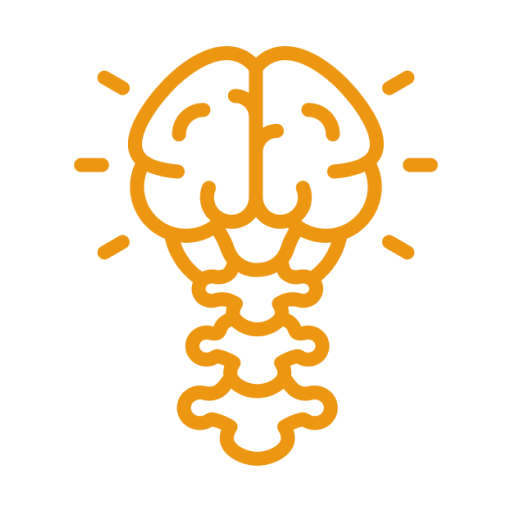
Brain
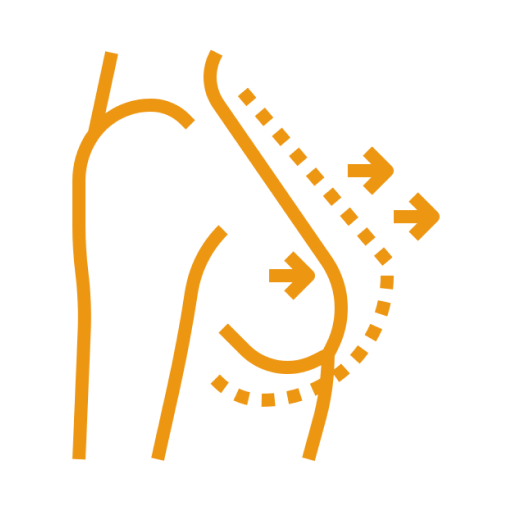
Breasts
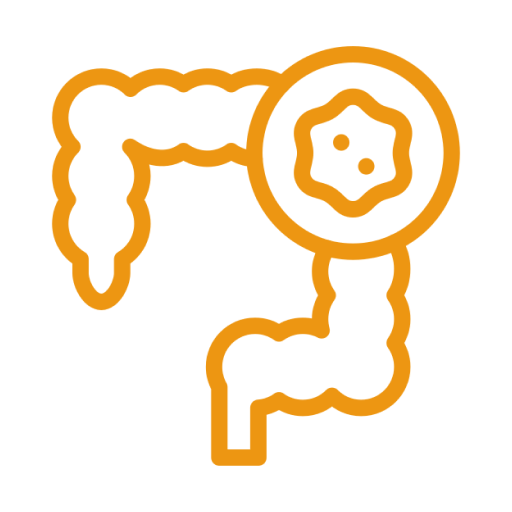
Colon
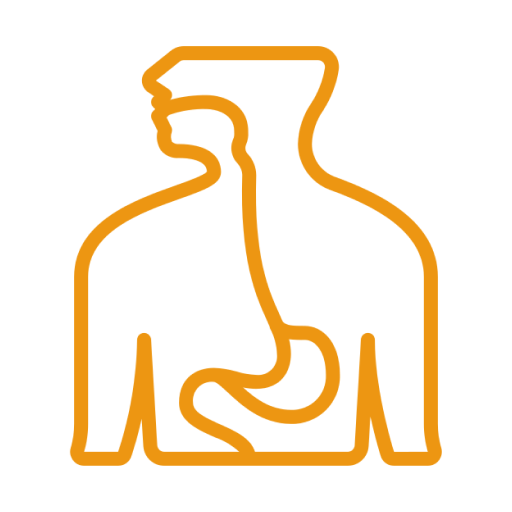
Esophagus
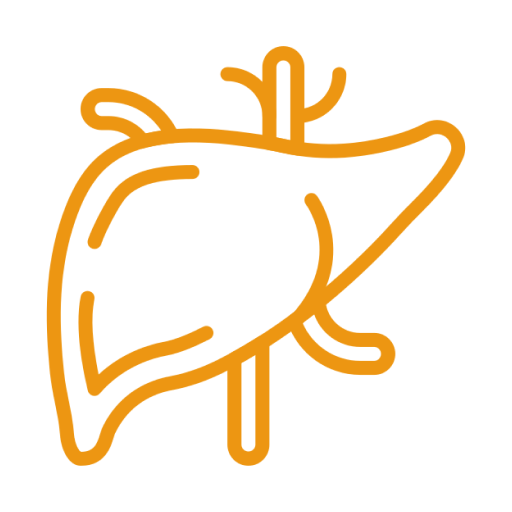
Liver
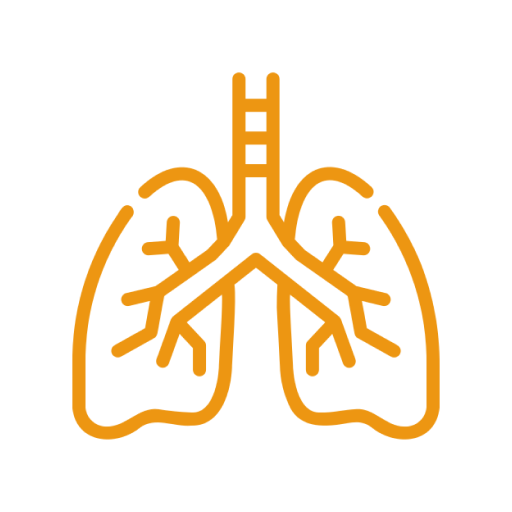
Lungs
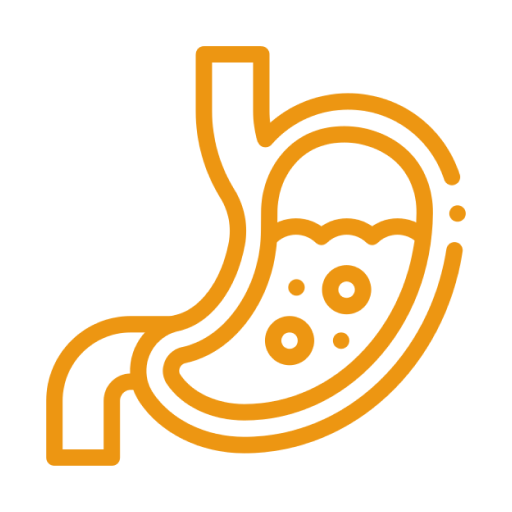
Stomach
What Kind Of Preparation Is Needed For The PET CT scan
- Fasting: In some cases, you may be asked to fast for a certain period before the PET scan. This typically involves refraining from eating or drinking anything except water for several hours before the scan
- Medication: Certain medications may affect glucose metabolism in the body, which could impact the interpretation of the PET images. Your healthcare provider will review your medications and provide guidance on whether any adjustments are needed
- Blood sugar levels: If your PET scan involves the use of a radioactive tracer that is similar to glucose, such as FDG (fluorodeoxyglucose), it s essential to ensure that your blood sugar levels are within a specific range before the scan.
- Hydration: Drinking plenty of water before the PET scan can help improve the distribution of the radioactive tracer throughout your body, which can enhance the quality of the images.
- Clothing & personal items: You may be asked to wear comfortable clothing without metal fasteners or accessories for the PET scan.
- Medical history & allergies: Before the scan, your healthcare provider will review your medical history and any known allergies to ensure that the procedure is safe for you. Be sure to inform the healthcare team if you have any allergies, medical conditions, or concerns about the procedure.
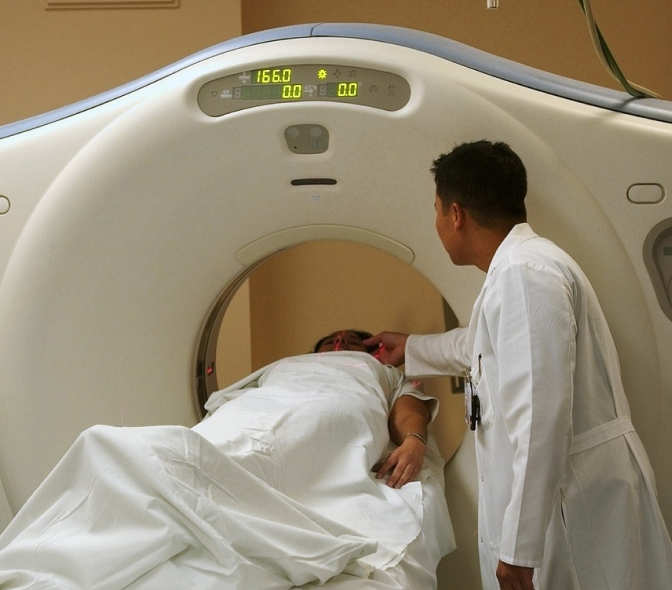
The Next Generation Technology is Here at Kiran PET CT - GE-DISCOVERY IQ GEN 2
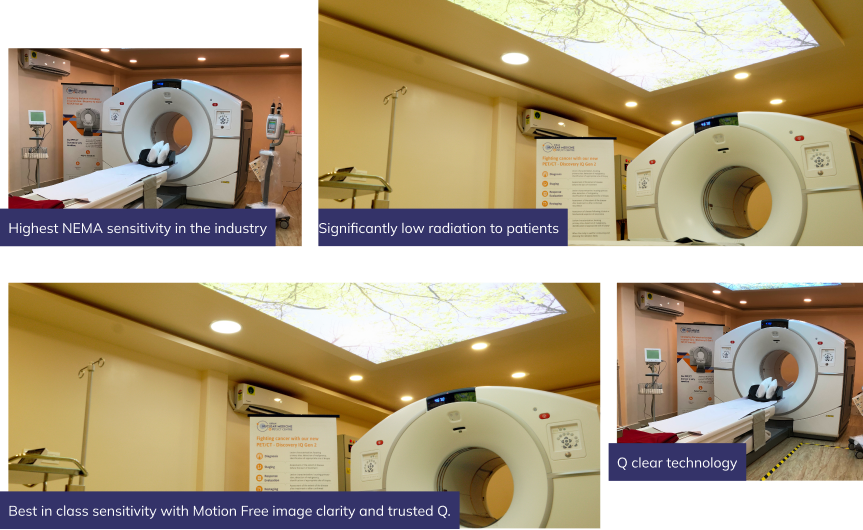
Why Choose Us For PET CT Scan In Bangalore
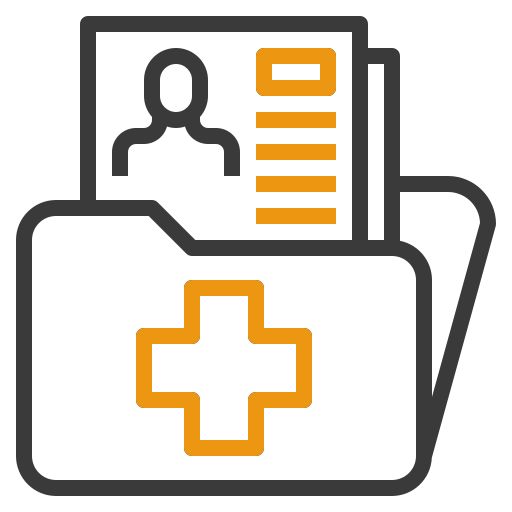
Speedy and accurate results
Our PET/CT scans deliver swift & precise diagnoses, ensuring timely insights into your health

Cutting-edge technical instruments
Trust in the expertise of our skilled professionals who are dedicated to providing unparalleled care

World Class Technology
Experience the latest advancements in medical imaging technology with our state-of-the-art PET/CT equipment.
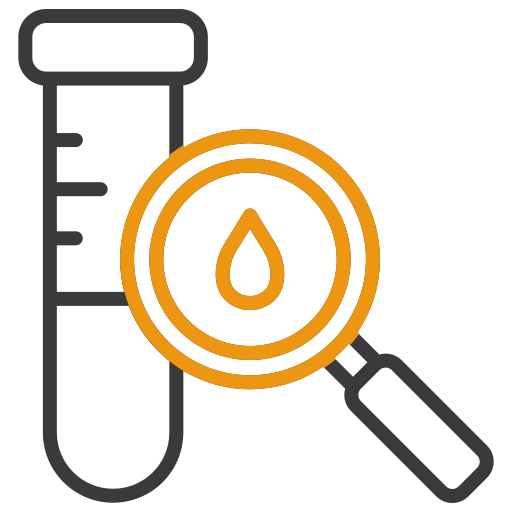
Onestop Lab Centre
Streamline your healthcare journey with our comprehensive lab services under one roof.
Meet Our Doctors
Frequently Asked Questions
This question aims to provide an overview of PET (Positron Emission Tomography) scans, including how they work and their differences from other imaging modalities such as CT (Computed Tomography) or MRI (Magnetic Resonance Imaging).
This FAQ focuses on the typical medical conditions or purposes for which a healthcare provider might recommend a PET scan, such as cancer detection, brain disorders, or heart conditions.
Safety concerns regarding radiation exposure and potential allergic reactions to the radioactive tracer used in PET scans are addressed in response to this question.
Patients often want to know what preparations are necessary before undergoing a PET scan, including fasting requirements, medication adjustments, and any specific instructions from their healthcare provider.
This question addresses the procedure itself, including whether the patient will need to lie still, receive an injection of a radioactive tracer, and how long the scan will take.
Patients are typically eager to know when they can expect to receive the results of their PET scan. The answer usually involves information about how long it takes for the images to be interpreted by a radiologist and for the results to be communicated to the patient’s healthcare provider.
This question aims to understand the nature of the procedure and its purpose in diagnosing or monitoring certain conditions.
People often want to know the underlying technology and how it functions to produce images of the body.
Patients may ask about the specific conditions or diseases for which PET/CT scans are commonly used, such as cancer, heart disease, or neurological disorders.
Patients may seek guidance on post-scan activities, such as resuming medications or dietary restrictions.
Patients may express concerns about radiation exposure, allergic reactions to contrast agents, or other potential risks.
Patients may ask whether subsequent scans can track changes in their condition over time or in response to treatment.
Financial considerations, including insurance coverage and out-of-pocket expenses, are often a concern for patients.
Concerns about the procedure’s physical sensations, such as discomfort from injections or lying still for an extended period, are common.




